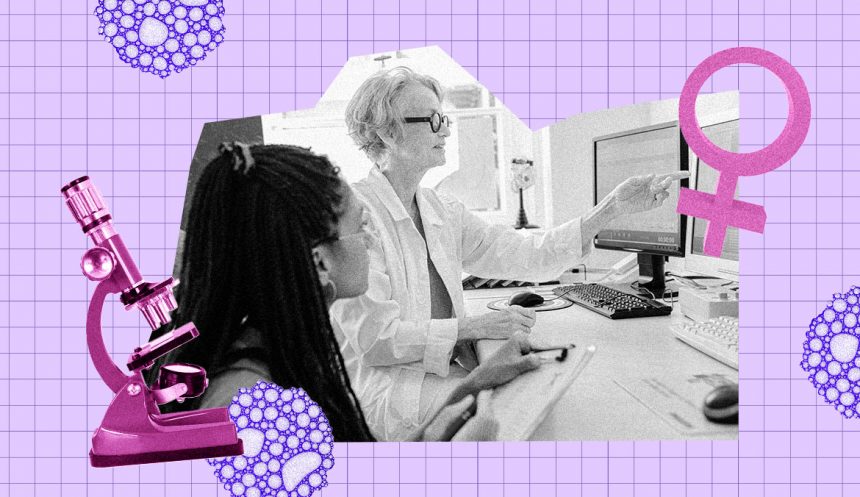Three men and three women walk into an emergency room. The question arises, who will receive the best care? Factors such as insurance, socioeconomic status, and race may play a role, but generally, doctors tend to have more confidence in treating individuals who were assigned male at birth. This unfortunate reality is due to a longstanding lack of representation in medical research, as noted by Primavera Spagnolo, MD, PhD, the associate director of the Connors Center for Women’s Health & Gender Biology at the Brigham and Women’s Hospital at Harvard Medical School.
Women and individuals assigned female at birth have been historically underrepresented in medical research, including human clinical trials and studies on lab animals. Female rodents were not required to be included in research until 2016 by the National Institutes of Health (NIH), leading to a gap in knowledge regarding how certain conditions present in women, and how treatments impact them.
For instance, women are more predisposed to conditions such as depression, PTSD, autoimmune diseases, and Alzheimer’s disease, yet the reasons for this are not fully understood. Dr. Spagnolo highlights the lack of education on sex-specific factors in medical school training, resulting in a general unawareness of how to recognize and address sex differences in conditions.
While not all medical situations are influenced by sex differences, relying on research primarily done on men can lead to suboptimal outcomes for women and individuals not fitting the typical model. This disparity can potentially result in life-threatening situations for some patients, such as in cases of heart attacks presenting differently in men and women.
The recent executive order signed by President Joe Biden aims to address these disparities by expanding women’s health research, increasing funding, enhancing data collection standards, and focusing on conditions that have been historically understudied in women’s health.
Despite historical challenges and improvements in inclusivity in clinical trials, there is still a significant amount of catch-up required in women’s health research. The $12 billion allocated in Biden’s plan is contingent on congressional approval, underscoring the importance of continued advocacy in this area.
Overall, the lack of representation in medical research highlights the urgent need for greater awareness and action to ensure that all individuals, regardless of gender, receive the most effective and personalized care. By acknowledging and addressing these disparities, we can work towards a more equitable and inclusive healthcare system that benefits all members of society.






